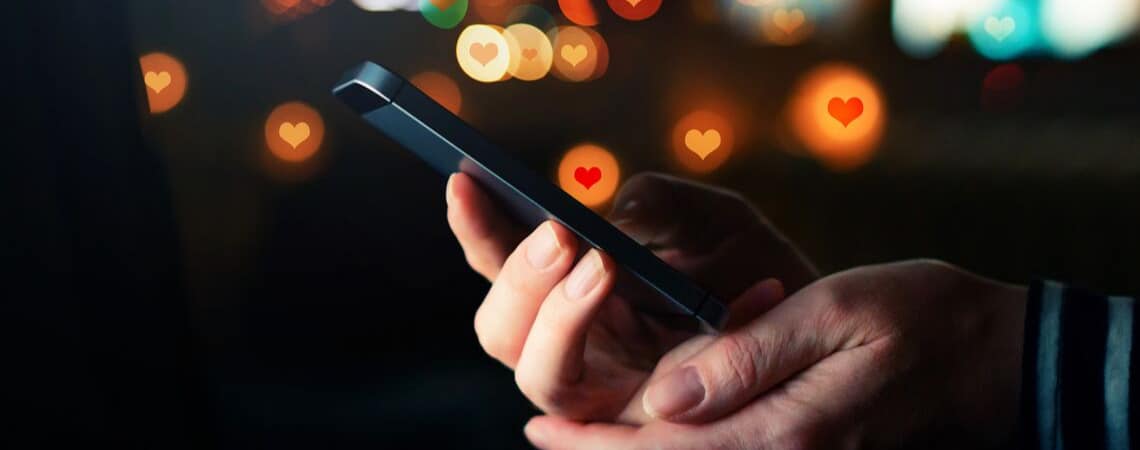News flash! Host Shortlisted for Three Prestigious GSL (Global Student Living) Awards 2025 and Retains Platinum Operator Certification
ROOMS SELLING FAST Find your new home for September

Your time at uni should be one of the most enjoyable and exciting times of your life, and it should be something you’re free to enjoy. Whether you’re a fresher or been at uni for a few years its always good to have a little reminder of how to stay safe while living with Host. To start here’s five safety basics:

5 minutes effort now with these four tips, will give you peace of mind no matter what happens:

Online security has never been so important, you need to ensure that you keep yourself as alert online as you would in real life.
Don’t be afraid to post updates on an event you’re at, tweet your thoughts and feelings or posting that amazing burger you had on Instagram, but when you do post think carefully about what you say and who could see it.

Make sure your night is always memorable for the right reasons and be aware of your personal safety, not just on nights out.
But when on a night out, it’s always best to stay in a group. It means you can keep an eye on each other. You’re more likely to get into trouble if you wander off from your group. By remaining close to the people you trust and know well, you’ll reduce the risk of being targeted by people who are up to no good and could be out to take advantage.
Consider setting up a WhatsApp group for the night and then if anyone does go it alone, you can message or call them, but never leave the rest of your group on your own to find someone.
Know where you’re going, how you’re getting there and who you’re meeting. Plan your return journey and tell friends your whereabouts.

Even though 1 in 6 students are now teetotal, the majority of you will want to enjoy the freedom and hit the town. Five of our locations made the top five of the student nightlife index for 2019. The index looked at 5 nightlife factors:
🎵 – Nightlife Options | 🍺 – Price of a pint | 🚕 – Price of a Taxi | 🛡️ – Safety Score | 🍔 – Number of takeaways.
But, remember a night out on the town isn’t about getting absolutely wasted. More than likely getting drunk will ruin the night out for you and your mates. To avoid that here are our top tips to help make the night more enjoyable:
To avoid getting spiked:
And if that’s all too much – there’s always having a few drinks at home… Takeaway, movie and a few drinks (and we mean just a few!) with your flat mates – happy days!

When you’re leaving to go home, make sure no one is left behind and don’t leave anyone to wait around on their own. If someone in the group wants to go home early, don’t let them go alone, and never let them walk. Ask your student union for a trusted local taxi firm, and whenever possible travel with friends. Never accept a lift from or go home with a stranger, no matter how tired, wet or late you are.
Never get into a taxi if you haven’t booked it yourself from a known company. Flagged down a licenced taxi with a light on. Or got a taxi from an official taxi rank. Always check the vehicle has a taxi licence plate and the drivers badge is displayed.
Most universities now operate a safe taxi scheme. Where even if you have no money left you can still get home safely after a night out. In many cases the drop-off point must be a student residential address. Halls of Residence. Police Station or Hospital and then pay for it the next day. Speak with your SU to find out all the details for your uni.
If you must walk home do so in a group and stick to busy, well-lit areas where you know there will be other people around and probably CCTV in operation. Where possible walk, facing on-coming traffic. And be alert. Never listen to music or use your phone on the way home as this will almost certainly distract you. Never use short-cuts such as parks, underpasses or dingy alleyways. Walk with confidence and purpose. This way you will not come across like a victim.
Check with your university campus security if they offer free personal safety equipment. Some universities offer their students a whole range of personal safety equipment. From charm alarms, which can sound up to a 110db alarm when activated. To secret pockets, which are a wallet for holding valuables, which is worn around the neck and under your clothing. And even bungee devices, that allow you to attach your phone to your clothing or bag using a silicone strap.
Avoid walking home whenever possible. Use a pre-booked taxi or get one from an official taxi rank. Always dial 999 in an emergency, or 101 to report a non-emergency crime.
People will often have valuables stolen on a night out and if you’re drunk, you are an easier target. Keep all valuables like phones, wallets and purses in zipped pockets or bags. Ideally, leave valuables such as jewellery at home. But if you must take them out with you then keep them safely hidden. Avoid carrying huge amounts of money with you. Try to take the amount you think you will need.
If there is a fight or an argument, think twice about stepping in. Usually the best option is to stay out of it and get help from bouncers or the police.
Remember, that you’re an adult, and your instincts will usually be accurate. If something doesn’t feel right. Even if you can’t pinpoint why, talk to your mates and walk away from the situation. You shouldn’t let yourself get into uncomfortable situations, and if you do, don’t feel awkward, just leave.
Source: South Wales Police – USafe booklet | Crimestoppers
To become more ‘environmentally friendly’, Host is launching the #HostEnvironmentalPledge campaign to encourage responsible behaviour and drive sustainability across our sites throughout the UK and Ireland.
It’s a simple campaign! For every percent we reduce our overall utilities (electric, water and gas) consumption by we donate to one of our nominated charities.
Show me all newsAs the academic year winds down, many students start packing their bags and heading home for a much-needed break. But what if you stayed in your university town or city instead? Picking up a summer job where you study can be a game-changer - not just for your bank balance, but also for your personal growth and career prospects. Here's why staying local this summer might be one of your smartest moves yet, along with practical tips to make the most of it.
Choosing where to live during your studies in London is about more than just finding a place to sleep - it’s about finding a supportive, safe, and enriching environment that enhances your university experience. Here's why thousands of students choose Host as their student accommodation provider in London every year.



